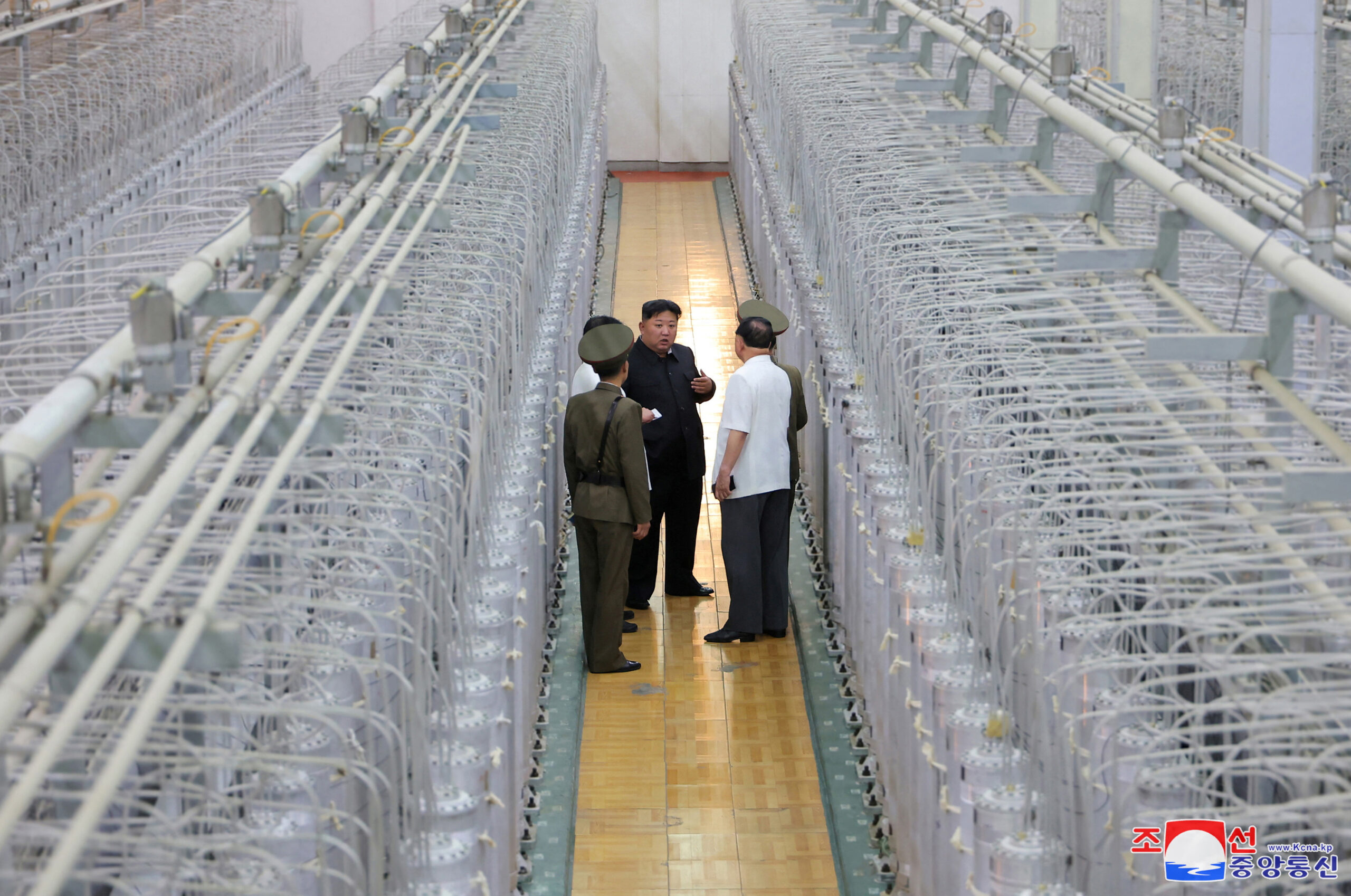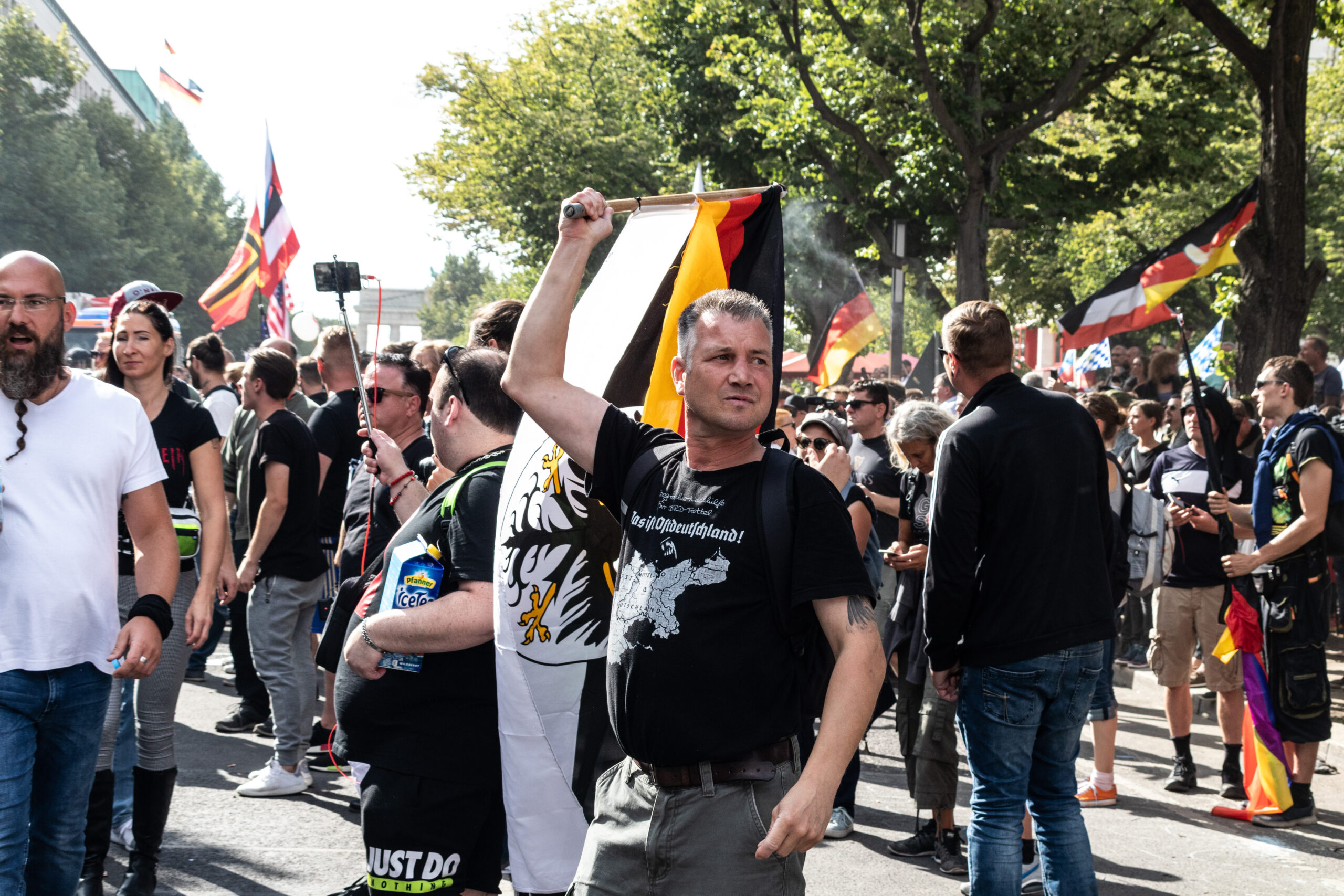By Linus Höller
The foreign ministers of traditionally neutral Austria and Switzerland officially declared their intent to join the German-led “Sky Shield” air defense alliance Friday. The move has reignited debates about what it means to maintain neutrality and is likely to draw criticism from France and Italy for its reliance on American — rather than European-produced — armaments. More broadly, the decision underscores a fundamentally renewed European approach to the defense of the continent in light of Russia’s aggression against Ukraine.
The European Sky Shield Initiative was announced by German Chancellor Olaf Scholz in August of 2022 to close gaps in the continent’s defense against aerial attacks by drones, cruise missiles and ballistic missiles. Fifteen countries initially signed on, ranging from Bulgaria in the south to the United Kingdom in the northwest, Norway in the north and the Baltic States to the east. Denmark and NATO candidate Sweden declared their intent to join in February. The Austrian and Swiss declarations mark the latest expansion of the project.
Like Sweden, Austria and Switzerland are neutral by law. Unlike Sweden, however, the Alpine countries have no public aspirations of joining NATO. While Austria joined the European Union in 1995 and with it the bloc’s mutual defense clause, Switzerland elected not to join the Union in part because of concerns over its compatibility with the country’s tradition of neutrality.
The air defense collaboration both countries agreed to intends to coordinate the acquisition and operation of military hardware by the participating nations.
The neutral countries’ governments will be sure to emphasize the purely defensive nature of the deal. Yet particularly for Switzerland, it marks what the BBC’s Imogen Foulkes has described as a further “dent in Switzerland’s traditionally strict neutrality.” The country recently joined European Union sanctions against Russia in response to Moscow’s invasion of Ukraine and although it has stopped short of authorizing Swiss weapons exports to Ukraine (even by third countries), it has agreed to provide Germany with tanks that may replace vehicles sent to Kyiv by Berlin.
Critics see joining Sky Shield as a step too far. They emphasize the question of whether a neutral country would be obligated to shoot down projectiles crossing its airspace on behalf of others even if the neutral itself isn’t targeted. They contend this would have far-reaching implications for neutrality. Advocates, meanwhile, extol the benefits of augmenting national capabilities through continent-wide cooperation and some see it as a significant step toward a common European defense policy, especially in light of an increasingly unstable geopolitical situation.
France and, to a lesser extent, Italy have long played a leading role in pushing for shared European defense but have remained cool to the German idea and outside of Sky Shield. A key sticking point is the reliance on readily-available American-made systems. They see it as a missed opportunity to support the French and Italian arms industries and ween Europe away from reliance on the U.S. for its military needs.
Despite these reservations, the Sky Shield project and particularly the accession of Austria and Switzerland are the latest sign of a rapidly changing approach to how Europe seeks to keep itself safe. A new emphasis has been placed on cross-compatibility between national militaries and increasingly on blurring the divisions between leadership and enabling joint operations. Acquisition, training and operation of new weapons systems are increasingly coordinated internationally and done with larger strategic and continental security objectives in mind that may extend beyond individual national capital’s immediate goals. Combined with the European Union’s own tepid first steps into the realm of defense — Brussels opened new frontiers by buying and delivering munitions to Kyiv on the Union’s, not individual states’, behalf — it seems increasingly clear that the Russian invasion of Ukraine has jolted Europe awake and fundamentally changed its approach to defense in the 21st century in favor of a more assertive posture.
Title Image: A patriot air defense system sits beneath the nordic lights. (Public Domain/U.S. Air Force)


